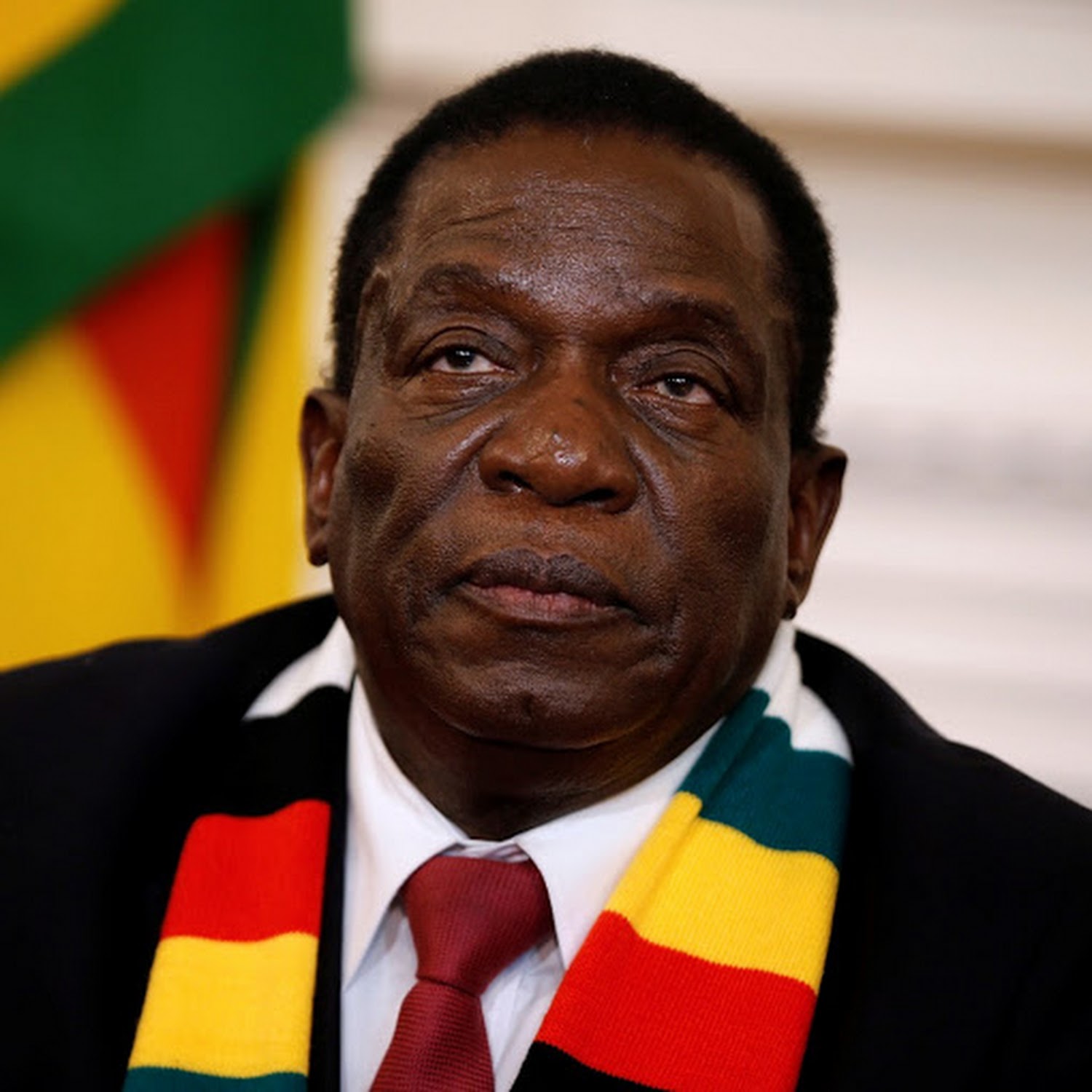By Richard Gandari
When His ZEC-cellency, President Emmerson Mnangagwa named his cabinet on 11 September 2023, there were no surprises. It was a predictable, mundane task of simply recycling dead wood and making a few cosmetic changes in the form of reshuffling the same old names.
Four extra portfolios were added to an already blotted cabinet of proven failures. The only new low for Mr Mnangagwa was the nepotism of including his son and nephew as deputy ministers. Given their surnames and proximity with the appointing authority, it would be naïve for anyone to consider them deputies. They will serve as the de facto ministers, with the full blessings of their Godfather.
Professor Mthuli Ncube has the unenviable job as Minister of Finance and Investment Promotion. In the disputed August 23 elections, the learned former Oxford University lecturer tried his luck to represent Cowdray Park as MP. From grading roads to reportedly buying a house in Cowdray Park, Prof. Ncube pulled at all the stops. His closest rival being a 28-year-old greenhorn from the CCC, he never expected to lose such a David-versus-Goliath battle. As fate would have it, a court challenge by some ZANU PF apparatchik tried to bar his rival and other opposition candidates from running in the elections. The court challenge failed and Prof. Ncube lost the election to Hon. Pashor Raphael Sibanda of the CCC.
Nevertheless, Professor Mthuli Ncube bounced back as a minister in Mr Mnangagwa’s resprayed ‘new’ cabinet. This is because from the moment he won the ZANU PF primaries to run for MP, his jersey for cabinet was printed and reserved. No election formed against him could prosper. The Soviet-styled hegemony in Harare thrives on toothless hounds kept on a leash under the guise of serving at the pleasure of the President. Restored from the dustbin of history, they all pledge allegiance to the President and not the flag or the Constitution. Surrounded by such minions, the President’s jersey is untouchable even in one’s wildest dreams. Security services only exist in Zimbabwe for the single purpose of safeguarding the President’s jersey.
Another cabinet smelly yawn was the reappointment of the same old deputy presidents with no regard for gender balance. In fact, one of the deputy presidents returned from a political graveyard, having resigned over alleged sexual scandals involving married subordinates in his government office. There cannot be any more glaring disregard for gender parity than stuffing an entire presidium with men of questionable attitudes towards women. Needless to mention out of 26 portfolios, only 6 women are ministers. At the risk of getting bald, one has to scratch his head for hours to imagine anything new that such a line-up can achieve over another 5 years at the pinnacle of Zimbabwean politics.
On a sombre note, the return of Vice-President Chiwenga, the man who literally grabbed power from Mugabe in a military coup, is a harbinger of dark times ahead. Doubling as the Minister of Health and Child Welfare from August 2020 to August 2023, he dealt with members of the medical profession with an iron fist. Many doctors left the country to work abroad and the bulk of nurses remaining are simply stuck due to an opaque state bonding system. The command style of governance that Mr Chiwenga proudly espouses will leave many thinking that Messrs Mugabe and Mnangagwa were good leaders. Yet nothing could be further from the truth.
Zimbabwe’s governance conundrum was originally created by the late Robert Mugabe, a tinpot dictator of murky origins. For inspiration, Mugabe looked up to rogue historical figures like Vladimir Lenin, Joseph Stalin, Josip Broz Tito, Fidel Castro and Mao Zedong. Unable to be an exact replica, he drew various lessons from each of these historical despots to create his own coagulated blend of toxic politics. Central to Mugabe’s survival at the helm was his crafty way of surrounding himself with layers of spineless and shameless yes-men. He routinely appointed clueless ministers and branded them sacred cows. As long as they were not visibly ambitious and covetous towards his presidential seat, they could steal, kill or rape with impunity.
Under Mugabe, a street-level goon could be head of Police and a common thief could be in charge of grain reserves. As a direct consequence of misfits in strategic places, many scandals happened. In response, Mugabe would handpick a judge of his choice to head some kind of commission of inquiry. Witnesses would be called to give testimonies under oath. In the end, voluminous reports would be compiled for the President. Instead of publishing any damning reports, Mugabe would keep them sequestered from the public domain. However, he would privately use them to blackmail and enslave the guilty persons named therein. That is how Mugabe maintained his legion of bootlickers and lapdogs.
Meanwhile, the impact of every scandal featuring Mugabe’s underlings continued to be felt across all sectors of Zimbabwean economic and social order. Productive land was parcelled out to cronies with no regard for production capacity or business acumen. Agriculture collapsed. Industry followed suit. Unemployment rose to a staggering 90% with some analysts actually calling it a conservative figure. Zimbabwe’s currency became worthless papers littering the streets like confetti after a lavish wedding. By any measure, Mugabe was a monumental failure. It is hard to think of a similar catastrophic administration since Adam and Eve.
Unfortunately for Zimbabwe, Mugabe’s military-assisted successor uses the same rulebook with a few of his own pages added. In contrast, some might argue that Mugabe was a moderate. The temptation is high but the business of comparing devils remains messy and uncomfortable. It is hard to state anything good about Mugabe when his legacy is the basis of our current wave of economic and social decay. Even after death, it remains difficult to positively eulogize the life and times of Robert Mugabe. Whoever wrote his obituary for the state media must have been under anaesthetic. Sadly, history is busy repeating itself.

